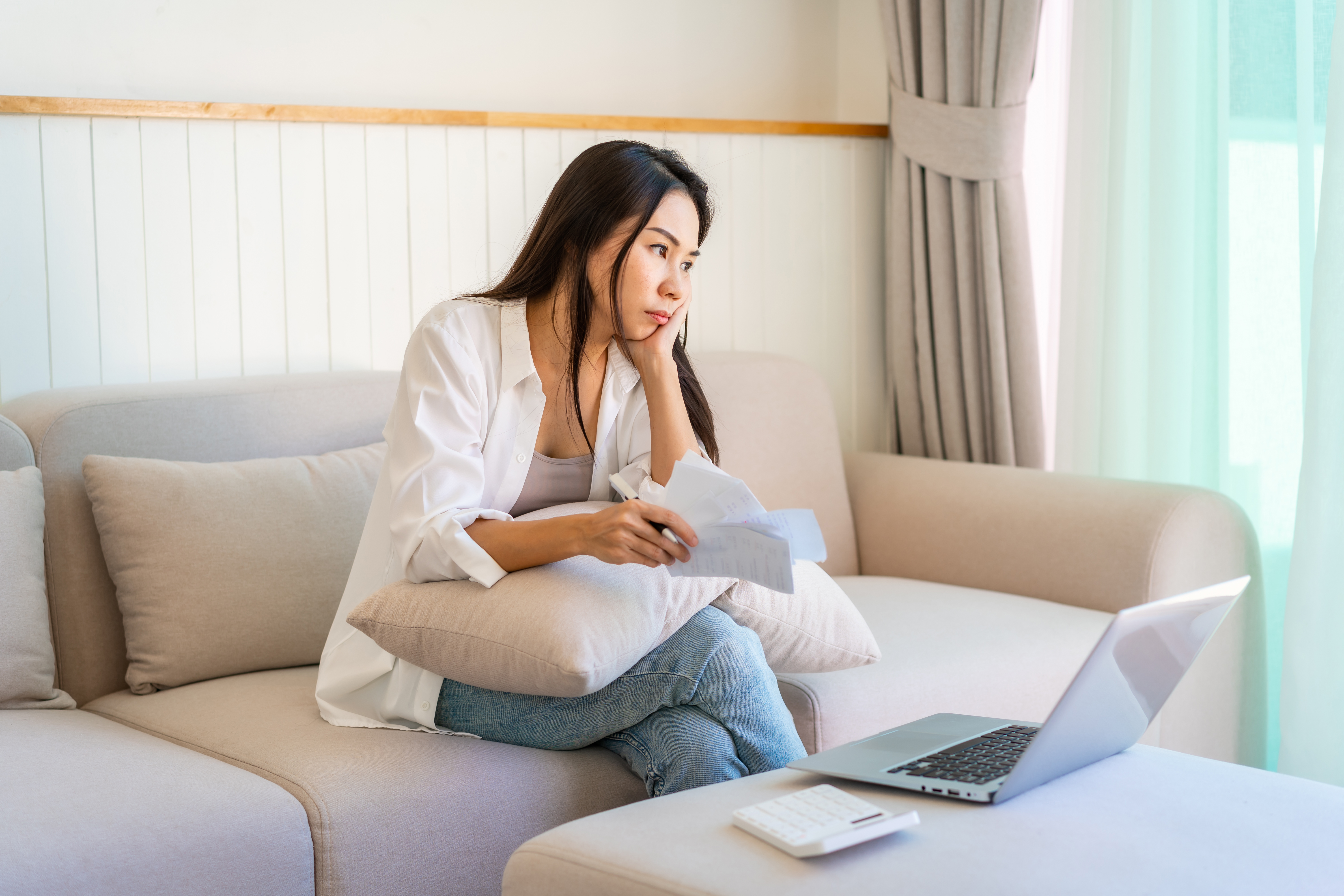Hidden Causes of Bloating That Have Nothing to Do With Food
Feel like you're doing everything right with your diet, yet still constantly battling uncomfortable, confidence-draining bloating? It’s incredibly frustrating, and you're right to suspect there's more going on than just the food you eat. Often, the real culprits behind that persistent swollen feeling have little to do with your plate! Sneaky triggers like chronic stress, swallowing air unconsciously, medication side effects, subtle posture habits, or even hormonal fluctuations can significantly contribute. If meticulously tracking meals hasn't solved your puzzle, it's time to look beyond the usual suspects. We’ve expanded our comprehensive guide of surprising non-dietary causes of bloating to help you finally connect the dots. Ready to uncover your hidden triggers and reclaim your comfort for good?
1. The Role of Stress: Emotional Turmoil and Abdominal Distress

Stress is an inevitable part of life, but its impact on the body can be profound, extending far beyond mental health. When you experience stress, your body enters a fight-or-flight mode, releasing hormones like cortisol that can disrupt normal bodily functions, including digestion. This disruption can lead to bloating as stress can cause the digestive system to slow down, resulting in gas build-up. Furthermore, stress can alter the gut microbiome, which plays a crucial role in maintaining digestive health. Understanding the connection between stress and bloating is essential, as managing stress through techniques such as mindfulness, exercise, or therapy can significantly alleviate bloating symptoms.
2. The Impact of Posture: How Sitting and Standing Affect Your Gut

Your posture can significantly influence your digestive health, often in ways that are easily overlooked. Poor posture, whether sitting or standing, can compress the abdominal area, leading to increased pressure on the stomach and intestines. This pressure can hinder the normal movement of gas and waste through the digestive tract, causing bloating. For instance, slouching while sitting can exacerbate these effects, while standing with poor alignment can similarly disrupt digestive processes. By maintaining good posture, you can facilitate better digestion and reduce the likelihood of bloating. Simple adjustments, such as sitting up straight or using ergonomic furniture, can make a noticeable difference in your digestive comfort.
